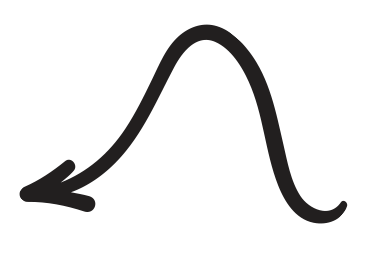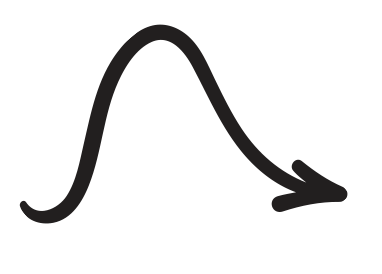
RPA and AI for housing associations: better service delivery and more efficient work
Robotisation for housing associations
From the first point of contact with a potential tenant to the handing over of the keys, as well as thereafter, housing associations have many contact moments. Every contact moment is a valuable opportunity to help your tenants personally and properly, and to improve the quality of your services. Can you use both opportunities at the same time? Yes, by using software robots in customer contact and the underlying processes. You then also have the added benefits of saving time, improving process control, and - not least - happy employees.
More and more housing associations are enabling humans and robots to work together to take their services to the next level. Would you like to know how your association can improve in relation to common routine tasks, manual work, and cumbersome processes with Robotic Process Automation (RPA) and Artificial Intelligence (AI)? Then read more below.
Here is a quick guide to the topics covered:
What is AI?
Advantages of RPA and AI for housing associations
The results of RPA and AI in housing associations
What is RPA?
RPA stands for Robotic Process Automation. A robot? Yes. Not with human characteristics, but a computer robot: a piece of software that takes routine tasks out of employees' hands quickly, continuously, and without errors. With RPA, for example, you instantly have access to all tenant data from different systems in one overview.
Or you can handle your maintenance repairs, from notification to execution and invoicing, automatically. This way, employees do not lose valuable time on research or recurring administration and can spend much more time on targeted and personal contact with customers and their real questions. Find out more about RPA here.
What is Artificial Intelligence and how can it be implemented?
What is AI?
An appropriate response 24/7

Advantages of RPA and AI for housing associations
Better reachability and communication
Housing associations are heavy users where email traffic, phone calls, and, increasingly, messages via WhatsApp and social channels (e.g. Facebook, LinkedIn) are concerned. Processing all this communication takes time, because you want to help tenants properly. And you want to do this both from the office and when employees are working from home. This often means longer waiting times, worse accessibility, even more communication, and often a higher workload. You can solve these issues by streamlining your processes to meet today's requirements using smart technology like RPA, AI, and VoIP.

Spend less time looking up and processing data
Housing associations prefer to spend their time and energy on providing first-class services. After all, your tenants' satisfaction is important. Yet you are amazed at how much time your employees spend on manually processing data. This may include routine tasks such as looking up, checking, combining, and recording documents; and transferring data from one application to another manually or using slow, complicated interfaces. These are necessary actions, but there is also more useful work to do.
An example: easing the administrative burden in relation to social housing
Renting out social housing involves a lot of administration, which employees often process manually. This may include handling documents such as an income statement, proof of identity, an extract from the Personal Records Database, a landlord's statement, and often more. With RPA and AI, you handle this document flow largely automatically, whether you are dealing with digital documents or enclosed originals or copies. The software recognises and processes all relevant information, after which employees only need to perform a check. This way, you make an important but time-consuming process faster, more accurate, and, above all, more pleasant for employees.
Better reachability and communication
Housing associations are heavy users where email traffic, phone calls, and, increasingly, messages via WhatsApp and social channels (e.g. Facebook, LinkedIn) are concerned. Processing all this communication takes time, because you want to help tenants properly. And you want to do this both from the office and when employees are working from home. This often means longer waiting times, worse accessibility, even more communication, and often a higher workload. You can solve these issues by streamlining your processes to meet today's requirements using smart technology like RPA, AI, and VoIP.
The results
RPA and AI for housing associations is not rocket science, but it is a smart way to digitise recurring, common tasks. Think of it as a virtual colleague, available 24/7 to assist employees quickly and faultlessly.
With robotisation, you don't take the human out of the organisation, as many people think, but rather you take the robot out of the human. And that comes with many advantages:
- Tenants who are assisted quickly and properly, 24/7, whether digitally or personally.
- Better service delivery that is based on smart, error-free actions and processes.
- Happy, motivated employees who do more meaningful work without routine tasks, also when they are working form home.
I want robotisation for my housing association!
You can apply robotisation in many processes. Since each housing association works in its own way, each solution is tailor-made.
Could robotisation benefit your association? What savings or quality improvements can be achieved in your processes? How can you offer your tenants even better service and meet or exceed their expectations?
Request an introductory meeting with one of our specialists and discuss whether and how RPA and AI can make a difference within your association.



